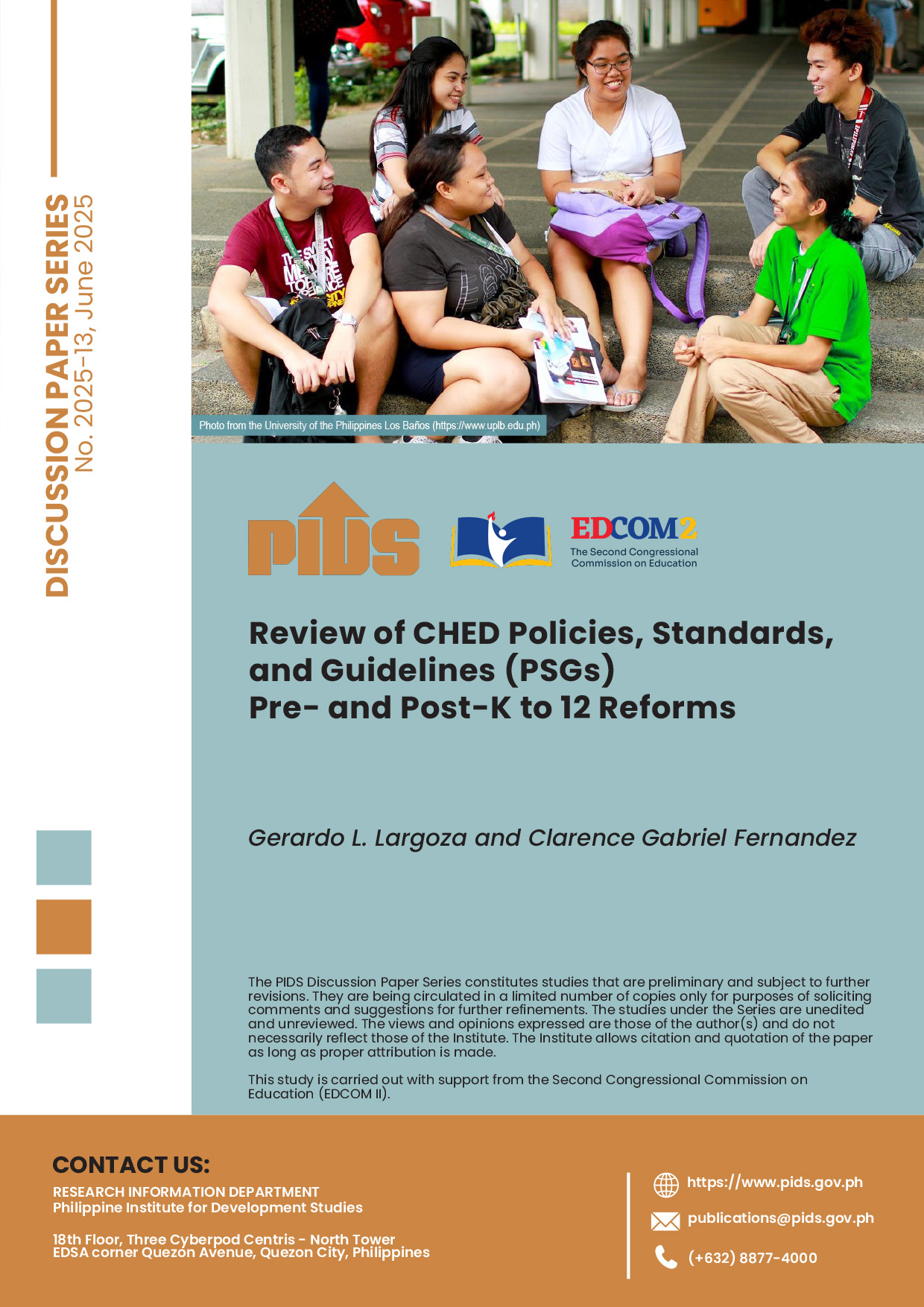MANILA, Philippines - The policy allowing 54 environmental goods and services (EGS) tariff reduction should be assessed anew, according to the Philippine Institute for Development Studies (PIDS), the government think tank under the National Economic and Development Authority (NEDA).
EGS are products, services and technologies that contribute to green growth, environmental protection, climate action and sustainable development.
In 2012, the Asia Pacific Economic Community (APEC) listed 54 EGS that would be covered by liberalized tariff of five percent or less.
The aspiration is by bringing down the barriers within the APEC, there will be a subsequent increase in trade for environmental goods and services EGS, more green jobs will be generated, and a more environmentally sustainable growth will be pursued.
"Reducing trade barriers in environmental goods and services would make it cost-effective for industries to adopt environmental technologies,” the PIDS said in a study entitled, "Evaluation of the APEC Environmental Goods Initiative: A Dominant Supplier Approach.”
The tariff reduction will make intra-APEC business and trade of EGS more productive and profitable, and will make it easier to help APEC members address climate change challenges.
But liberalizing all of the 54 EGS may not yield uniform benefits the PIDS warned. Furthermore, member-countries may be less encouraged to participate if there are unchecked spillover benefits to non-member countries maintaining trade barriers for EGS.
APEC has a dominant supplier role in renewable energy and clean technology production. These are followed by waste water management and potable water treatment, management of solid and hazardous waste and recycling systems, and natural risk management.
"The policy objective is to determine the cutoff level,” the PIDS said. It added, there is no clear-cut answer to determining the optimal APEC predominance supply benchmark and it will most likely be determined through a political process.
PIDS recommends that policymakers in APEC consider it rational to set the ceiling of the trade negotiations at the level where APEC principally supplies 60 percent of exports.//












